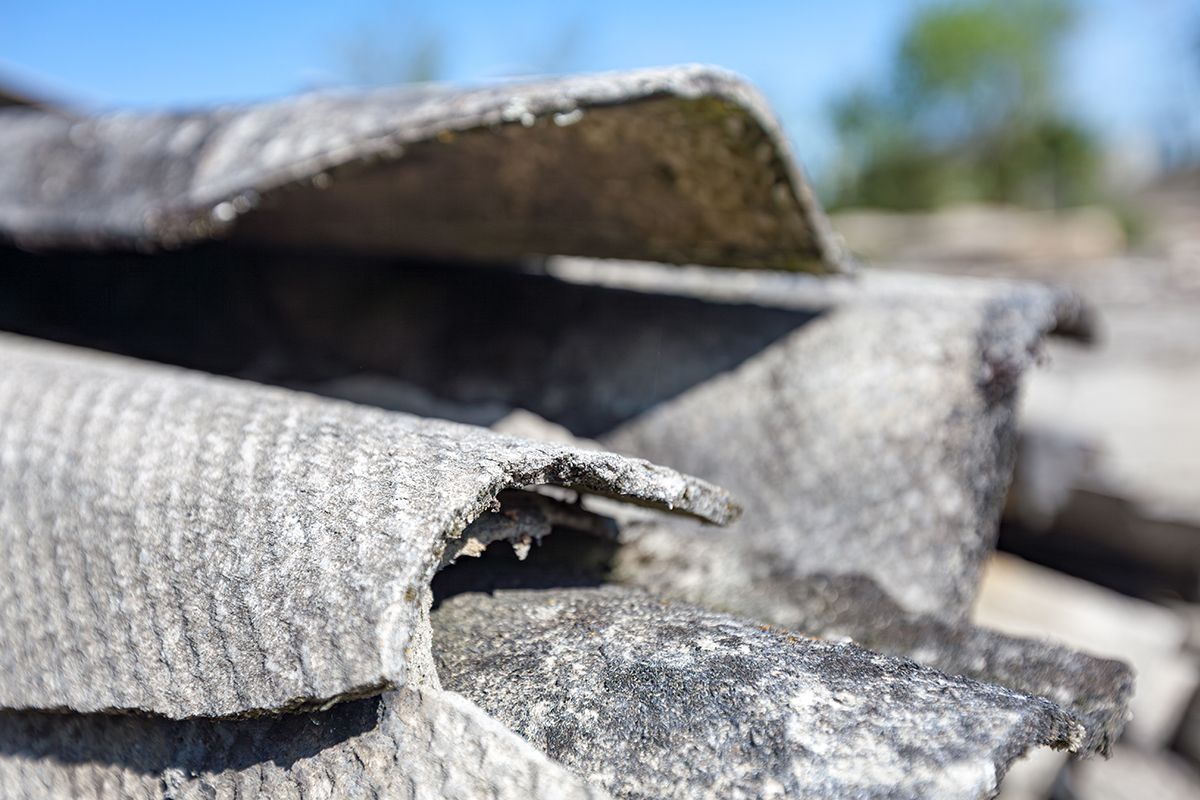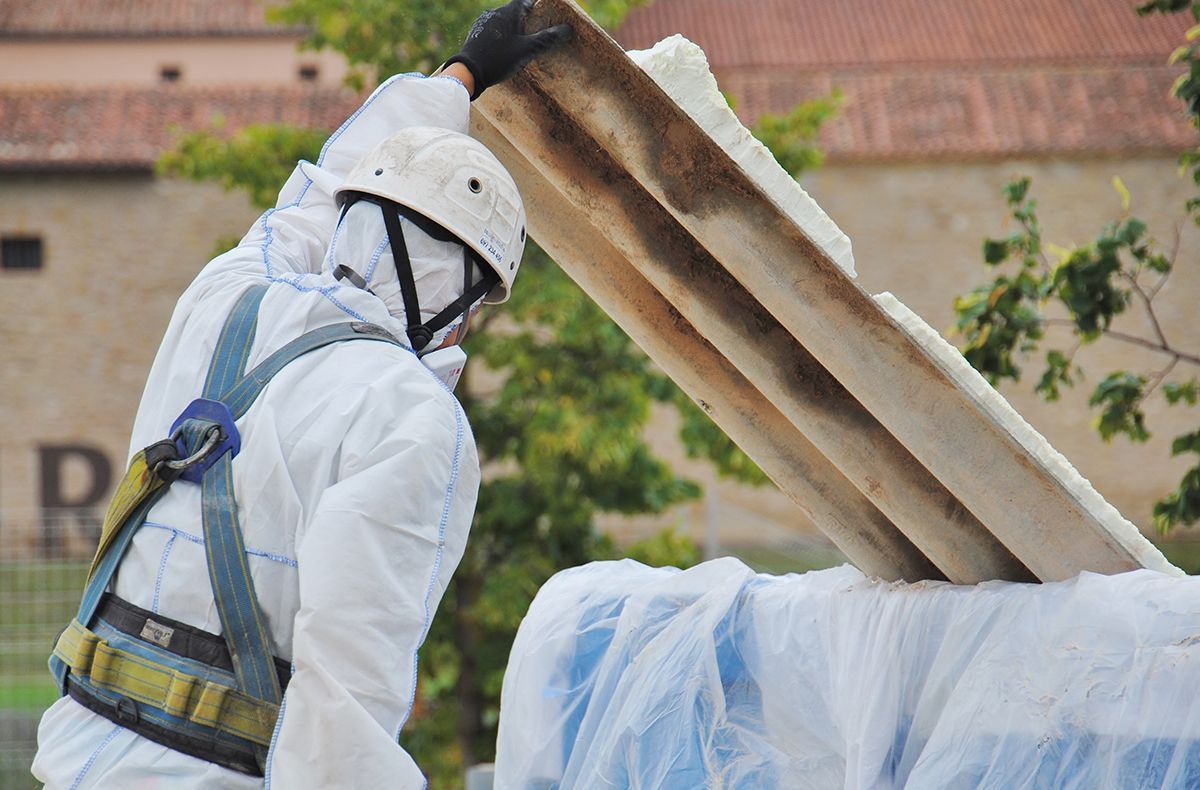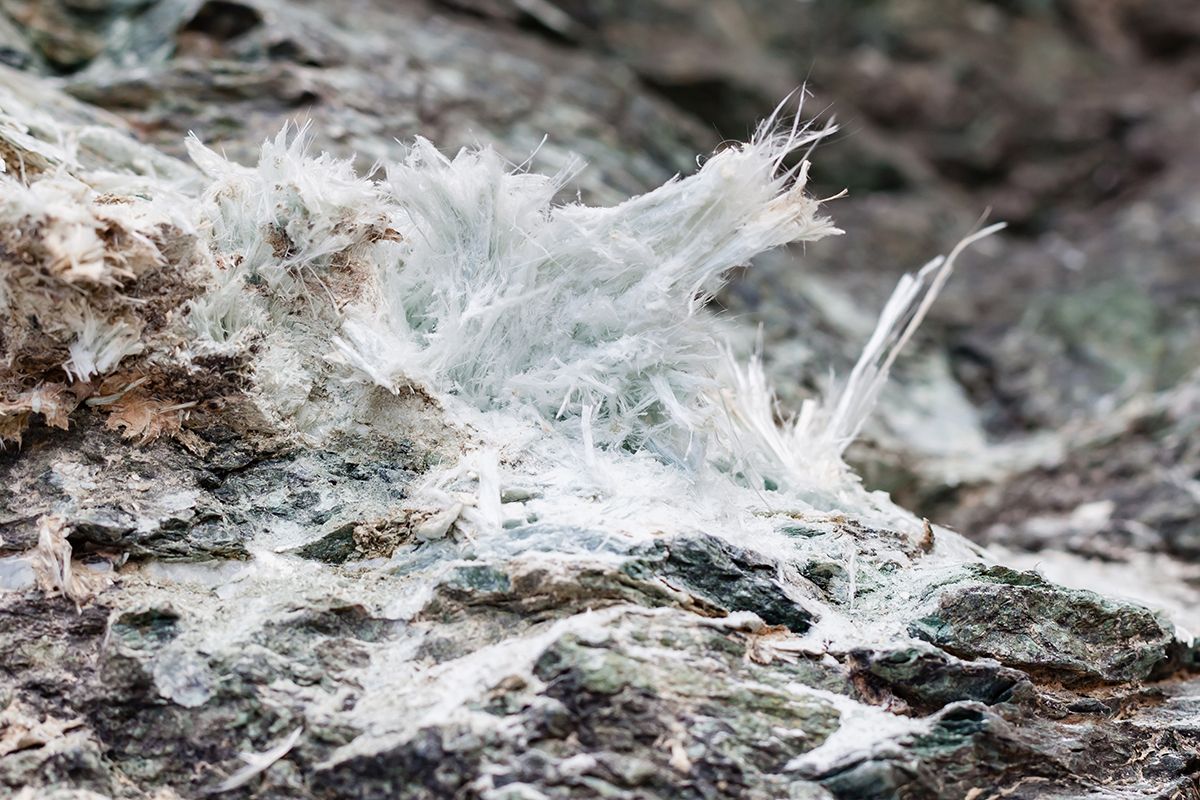Is Asbestos Always Dangerous?
This is a subtitle for your new post
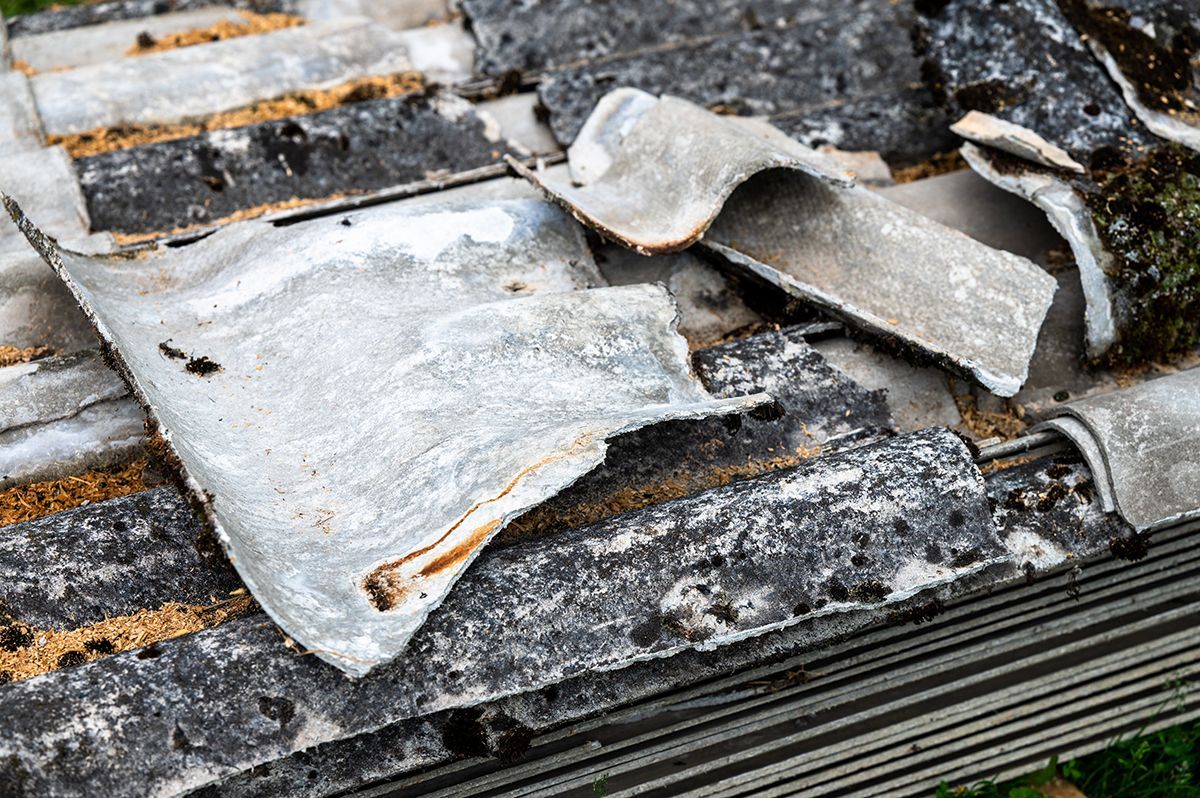
Asbestos has been banned in numerous countries because its dangerous nature is a well known fact, but what is less understood are the various nuances associated with its risks. Is asbestos always dangerous? Will it always cause debilitating disease?
The answer isn't as straightforward as a simple ‘yes’ or ‘no’. As licensed asbestos contractors,
Cordtape Environmental
understands its risks implicitly; it is our duty to spread awareness to protect those who may come into contact with asbestos, regardless of why it happened or how brief the encounter may have been.
When is asbestos dangerous?
The key danger of asbestos arises when it is disturbed and its fibres become airborne. Breathing in these microscopic particles can lead to serious lung diseases, such as asbestosis, lung cancer, and mesothelioma, a rare and aggressive cancer primarily caused by asbestos exposure.
The health risks associated with asbestos are significantly higher in specific situations:
- Damaged or decaying materials: Over time, asbestos-containing materials can degrade, especially if they’re exposed to environmental factors like moisture or physical impact. When these materials break down, they release harmful fibres into the air.
- Renovation and demolition projects:
Disturbing materials that contain asbestos, such as in older buildings, can easily release fibres. Workers who are exposed to asbestos during these activities are at a higher risk of developing health issues.
- Improper handling or disposal:
If asbestos is not handled or disposed of correctly, it can lead to contamination in the surrounding environment, putting people at risk.
The risks of asbestos exposure
Exposure to asbestos can lead to a range of serious health risks, both for those who directly handle or remove asbestos and for the general public who live or work in environments where asbestos containing materials (ACMs) are present.
The primary danger posed by asbestos is the inhalation or ingestion of its fibres. When these fibres find their way into the body, they can become lodged in organ tissues, triggering the development of severe, life threatening diseases.
These health risks include:
- Cancers: Asbestos exposure is linked to several types of cancer, including laryngeal cancer, lung cancer, and mesothelioma. It has also been associated with ovarian cancer, though the full range of cancers caused by asbestos remains uncertain.
- Asbestos related diseases:
Chronic exposure to asbestos can result in conditions such as pleural thickening, atelectasis, and other serious respiratory diseases.
- Asbestosis: This condition is directly related to asbestos exposure and is characterized by symptoms such as shortness of breath, a persistent cough, wheezing, fatigue, and chest and shoulder pain. These symptoms typically emerge 20 to 30 years after initial exposure.
Is short term asbestos exposure dangerous?
With the dangers of asbestos awareness so widely recognised, it’s easy to feel uneasy following short term exposure. If you have found asbestos containing materials in your property, for example, you may be concerned about the presence of fibres in your lungs but, in many cases, minor exposure to asbestos isn’t something to be concerned about.
It is rare to experience the symptoms of asbestos related diseases without cumulative build up of asbestos fibres in your lungs, however you can visit your local GP if you are concerned.
If you have recently been exposed to asbestos and notice any of the following symptoms developing over a period of time, you should visit a healthcare professional as soon as possible:
- Persistent shortness of breath
- Persistent cough
- Chest pain
- Fatigue
- Unexplained weight loss
Is asbestos dangerous when left undisturbed?
While asbestos is dangerous when disturbed, it is important to note that not all asbestos containing materials are immediately hazardous. In fact, many materials that contain asbestos are considered not hazardous as long as they are undisturbed and in good condition.
For example, if asbestos containing materials (ACMs) are intact, unbroken, and not subject to wear and tear, the fibres remain securely trapped inside the material. In these cases, the risk of exposure is low.
In this instance, professional asbestos removal teams may recommend the following:
1. Encapsulation
In some cases, asbestos can be safely managed by encapsulating or sealing the material so that the fibres cannot escape. This method is often used in situations where removal would be costly or disruptive, provided it is regularly monitored to ensure it remains intact.
2. Professional Removal and Management
If the material poses a threat or is at risk of disturbance, for example it is subject to wear and tear, in the presence of children or vulnerable adults, or the property is undergoing a renovation project, then removal would be the most suitable option.
If asbestos containing materials need to be removed, it should always be done by a licensed and trained professional who follows strict safety protocols to limit exposure to harmful fibres.
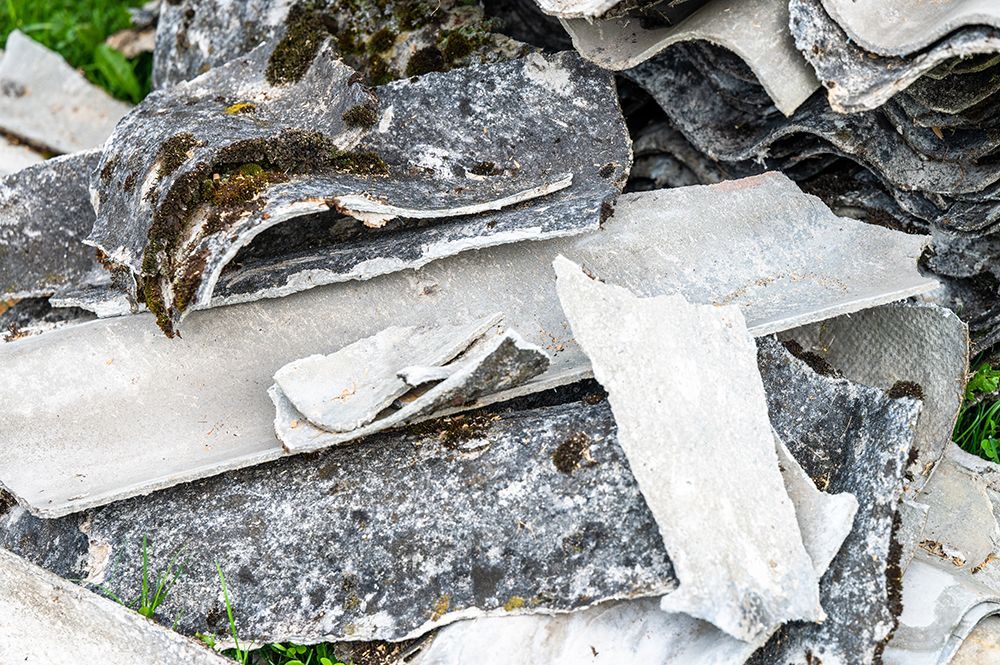
How much asbestos exposure is dangerous?
No amount of asbestos is safe. Although you are unlikely to develop asbestos related illnesses from minor exposure, there is always risk with inhaling asbestos fibres and dust. They are toxic, and that is not up for debate.
One intense encounter with asbestos dust could lead to cancerous growths later in life. Likewise, frequent exposure to minute levels of airborne fibres is dangerous.
Factors that influence the risk of exposure include:
1. Quantity of asbestos
Air that is thick and cloudy with asbestos dust will have a much greater risk to your health than second hand exposure caused by fibres brought to your home on someone’s clothes.
2. Length of exposure
Those who work or live in environments where exposure to asbestos is frequent will be at higher risk than those who have encountered it once.
3. Type of asbestos
There are 6 type of asbestos:
- Actinolite (amphibole)
- Amosite (amphibole)
- Anthophyllite (amphibole)
- Chrysotile/White Asbestos (serpentine)
- Crocidolite/Blue Asbestos (amphibole)
- Tremolite (amphibole)
Whilst the dangers of white asbestos are commonly known, it is suspected that the other types of asbestos may pose a greater risk to health. Each type of asbestos will impact your wellbeing differently however, without effective
asbestos survey and sampling, you are unlikely to know for certain which type of asbestos you have come into contact with.
4. Composition of asbestos
Asbestos dust and asbestos fibres behave differently.
5. Your general health
Your genetics and health history will impact how asbestos impacts your body.
What to do if you find asbestos on your premises
If you suspect that you have ACMs on your premises, it’s important to take immediate action to ensure the safety of you and anyone with access to the site.
1. Don’t disturb it:
Asbestos is most dangerous when it is disturbed. Don’t attempt to remove or repair the material yourself.
2. Hire a professional: Get in touch with a licensed asbestos removal specialist who can safely assess, test, and remove any ACMs.
3. Get an asbestos survey:
If you live in an older property, having a professional asbestos survey conducted can help you identify hidden asbestos risks.
4. Ensure safe disposal:
Asbestos should only be removed and disposed of by certified professionals to ensure it is handled and disposed of safely.
At
Cordtape, we can assist you with locating and identifying Asbestos Containing Materials on your commercial premises with our
Asbestos Survey and Sampling service. If we do locate the presence of asbestos, our
Asbestos Removal team will extract it from your premises in accordance with Control of Asbestos Regulations 2012.
Our team is fully qualified to manage all aspects of asbestos assessment, removal, refurbishment and waste management so you don’t need to live in fear of the risk this dangerous material poses.
Contact us today.
Email: info@cordtape.co.uk
Phone: 0800 093 7810
Share on social media
